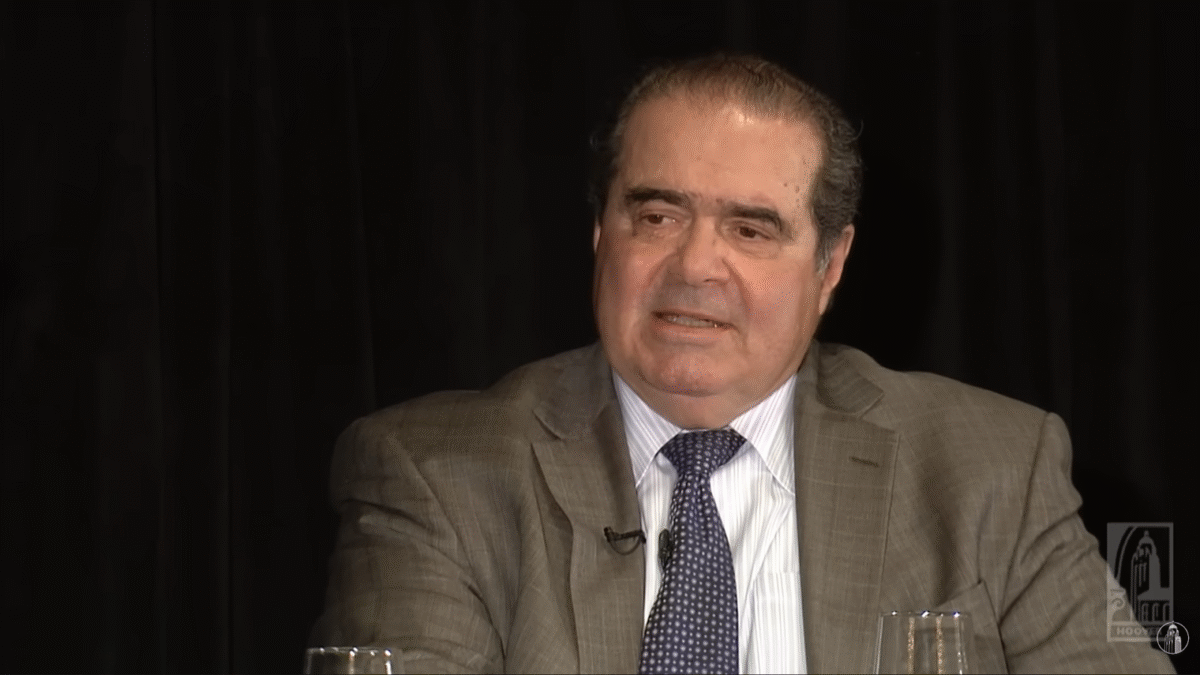
Just last month, North Dakota became the twenty-seventh state to call for a balanced budget amendment to the Constitution. Since the states cannot directly amend the Constitution, this call comes in the form of a resolution calling for a convention that will propose such an amendment—the as-of-yet unused second method for passing amendments outlined in Article V of the Constitution. Whatever motivations may underlie such actions, the 1787 Constitutional Convention teaches us that the end results of such a meeting may not match its initial calls.
In 1787 there was no Constitution, and the meeting at the State House in Philadelphia was intended to change the failing Articles of Confederation, not create a new form of government. Given that the Constitution was written both with the foresight of a need for amending and a convention being one of the two approved methods for doing so, it is hard to imagine so drastic a result from a modern convention. There is, however, no reason to assume that a convention will cover only one topic or that delegates would ignore topics their state had not considered.
Radio talk show host Mark Levin has long been outlining a framework for several changes he would like to see result from a convention, but his proposal clearly places no limitation on the potential meeting. We need only consider the possibility of a state that had not called for the convention proposing something the other states had not considered to understand the possibility of additional topics—only 34 states are needed, leaving up to 16 states to possibly send delegates with no clear mandate.
Here’s a New Con-Con Topic
With this in mind, what is a potential topic for a convention that has not been a major focus of the states calling for a convention? Judicial term limits. Judicial term limits have, of late, been a favorite proposal of potential Republican presidential candidates. These proposals have been without clear details, but the topic itself is noteworthy for its gains in Republican support.
This most recent round of support could be traced back to former Gov. Rick Perry (R-Texas) in 2011. Before ending his bid for the 2012 Republican nomination, Perry called for judicial term limits and a return to a part-time Congress. Four years later, there is much broader support for at least the idea of judicial term limits.
Former Gov. Mike Huckabee (R-Arkansas) started the term-limit ball rolling for this election cycle. Huckabee has proposed term limits for both Congress and federal judges. Similarly, Sen. Rand Paul (R-Kentucky) and Dr. Ben Carson, both frequently named presidential contenders along with Huckabee, broached the topic at this year’s Conservative Political Action Conference.
It remains to be seen to what extent judicial term limits will be an issue for the Republican nomination or the presidential election, but the early focus on the issue does suggest the idea is gaining traction. Meanwhile, in a constitutional convention judicial reform could easily be a wildcard issue.
Democrats Support Judicial Term Limits
And, perhaps surprisingly, the notion could be one that gains bipartisan support. In 2012, former clerk for Justice John Paul Stevens and Columbia Law School professor Jamal Greene wrote for The New York Times on the need to institute judicial term limits. Greene was promoting a proposal by Northwestern University School of Law professors Steven Calabresi and James Lindgren for 18 year, non-renewable terms for Supreme Court justices. In fact, during the Bush administration the proposal found wide support among legal scholars. Simultaneously, former prosecutor Edward Lazarus proposed 20-year term limits.
The terms need not be quite that long. Terms could be as short as ten years in order to eliminate the concern that judges would find themselves beholden to the president that had appointed them. Ten years ago, economist Gary Becker and Seventh Circuit Judge Richard Posner also wrote of the growing appeal of judicial term limits of ten years. As Posner stated, “I was appointed a federal circuit judge from teaching in 1981, at the relatively young age of 42. I have thus been a circuit judge for 23 years and will remain in that job until I die or retire. And I am very difficult to remove from office!” He has now been in that job for 33 years and remains just as difficult to remove.
With such a widespread public record of discussion, judicial term limits may be more than a Republican candidate talking point or a pipe dream of those seeking the anti-establishment vote. Should seven more states call for a convention, this proposal may find its way to an actual vote, along with congressional term limits.









